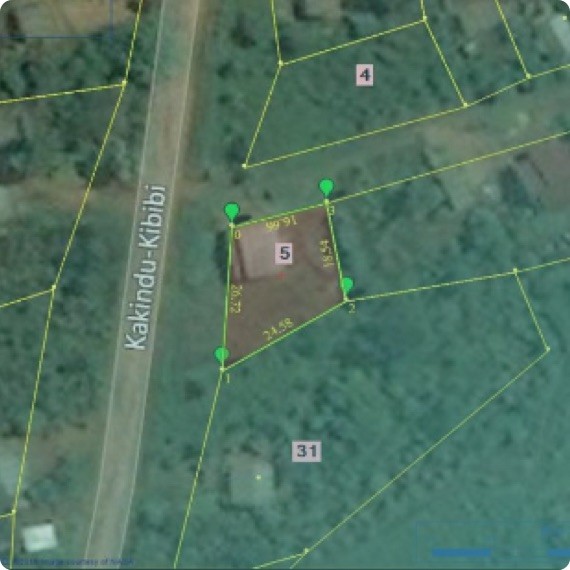Land Administration and Management: Challenges & Solutions
Designing and implementing efficient land management systems is tricky. These need economic resources and qualified people, and these are both in scarce supply in a majority of African nations.
Conventional land governing arrangements and regulatory systems are seldom in sync, and aligning them in a way that is beneficial to not just the rural poor but to all the land users, can be complicated. Moreover, poor land management promotes the use of land segments for patronage purposes.
What is Land Administration and Management?
The term land administration and management is used generally to refer to processes related to the recognition of land rights, development of precise land data, structuralizing, taxation, and other aspects of land governance.
These tasks are essential for the efficient handling of this resource, which is why it is vital for the development of a nation. It involves the following -
● Allotting land rights
● Determining land perimeters
● Transferring land rights via sale, agreement, mortgage, gift or bequest
● Resolving land disputes legally
● Enforcing statutes and guidelines for land-use and land assessment. These can be applied through official (statutory) or unofficial (customary) land tenure regulations.
Insufficient land management can create issues such as the following -
● Insecure tenure - A land registry helps keep track of deeds or title records. In the absence of reliable land registries, the same parcel of land would be at risk of being allotted to multiple people. This would result in disputes and unstable tenure.
● Improper/insufficient land utilization - Land cannot be efficiently utilized without proper land-use strategizing and modern tools or GPS equipment for land measurement.
● Increase in conflict - When there aren’t many effective mechanisms to settle conflict, disputes could intensify into civil unrest and may get violent.
Facets of Land Administration in the context of good governance
Several African countries understand the necessity of land management solutions and using the land measurement equipment, which is why they are striving to modernize and restructure their land governance systems.
There have been quite a few developments internationally that have demonstrated the need for competent governance in this regard. These involve -
● Inter alia predictability
● Unrestricted and educated policy-designing
● Answerable and straightforward processes
● A professional mindset that resists corruption, favoritism, partiality, and selfish benefit
● Rigid economic management of funding.
Numerous elements of land governance where civic financing and concerns require the application of sound administration procedures, also necessitate the use of the best land surveying equipment.
One example of such an application is the South African land reform programme. It is separated into 3 sub-programmes, namely land restoration, land reallocation, and reform of the right to hold property.
The objective of presenting land management amendments is not to devise an outline for sound governance or to reflect which good policies or principles will settle all or a majority of the land tenure issues. It is, instead, an attempt to reveal that initiatives and processes to enhance governance in certain aspects of land reshaping are urgently required and need to be researched further.
In Conclusion
Over the years, several land tenure solutions have been launched in South Africa with reasonable success. Legislation instituted in terms of these initiatives, particularly the recovery of land rights and societal land rights, has been significant and far-reaching.
However, several legislative steps have proved either infeasible because of economical limitations and poor capability of the governing agency, or they lack participation by local stakeholders.
Moreover, land administration and management requires strategizing and execution in the context of sound governance activities from a global perspective.




Comments
Post a Comment